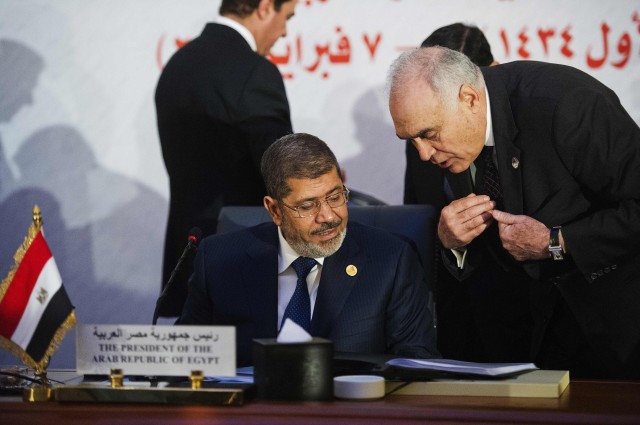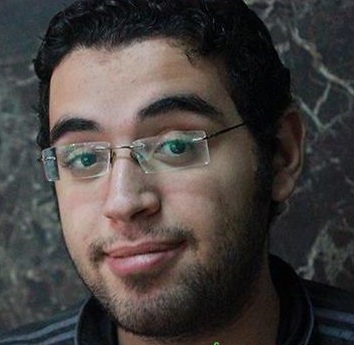CAIRO: The Attorney General of the Mahalla and Samanoud prosecution offices ordered on Tuesday a referral to court of 49 detainees on charges related to events which took place in Mahalla on April 6 and 7.
Of these 49, six individuals are currently at large and will be tried in absentia, said the Hisham Mubarak Law Center in a statement issued on Tuesday.
Violence erupted in the Delta town of Mahalla on April 6 after security bodies clashed with residents protesting increasing food prices.
One boy, 15-year-old Ali Mubarak, was killed by what rights groups say was live ammunition as he stood in the balcony of his home to watch the clashes in the street below.
It is estimated that over 200 people were arrested in Mahalla alone on April 6 and 7. According to rights groups, establishing exact numbers was made difficult because the police and the public prosecution office have in many cases refused to tell lawyers whether their clients were arrested or where they are being detained.
After their arrest, a court renewed the detention of the 43 people currently being held during court sessions on April 21, 22 and 23.
The Attorney General’s office alleges that they were involved in acts of theft, rioting and riotous assembly, amongst other charges.
Lawyer Ahmed Ezzat suggests that these are trumped-up charges concocted to give credence to government claims that the clashes which occurred on April 6 and 7 amounted to criminal rioting.
Journalists and others in Mahalla at the time of the events allege that orchestrated violence was used to present the demonstrations against poverty and increasing food prices as isolated incidents of thug-led rioting.
Ezzat alleges that the 43 detainees were mistreated while in police custody.
According to the testimony of a Mahalla labor organizer published on activist Hossam El Hamalawy’s blog (arabist.net/arabawy/), police officers in Mahalla police station and state security offices abused the April detainees.
“The torture faced by the citizens in the police stations and State Security buildings was much worse than what activists [in general] had to deal with. The police [officers] were insane, the labor organizer is quoted as saying.
“They were shocked they had lost control in some areas of the town. They wanted to punish everyone and prove they were still in control, he claimed.

